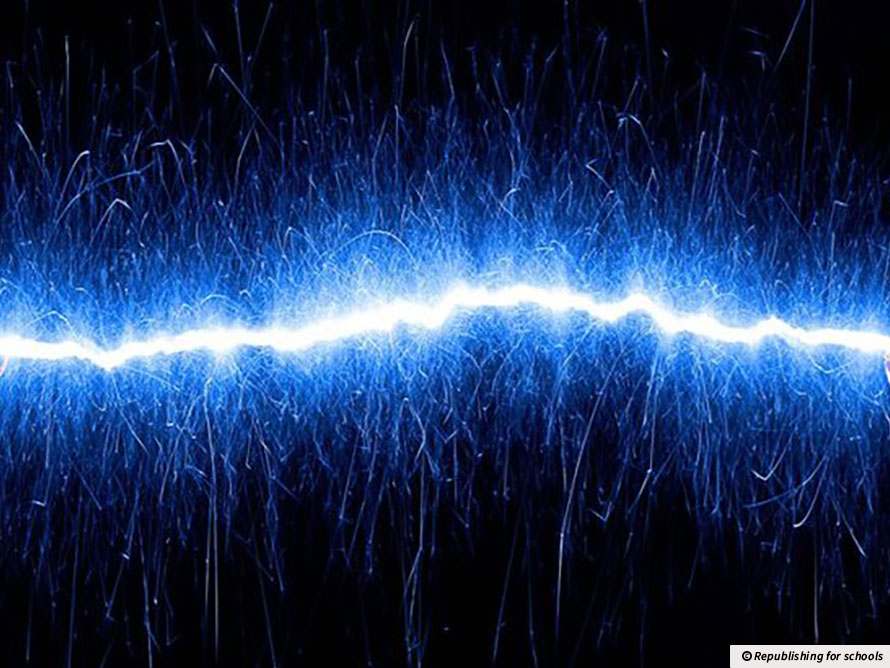Could it power the world? For more than a century, scientists have dreamed of harnessing electricity from the atmosphere. Now hygroelectricity has become an extraordinary reality.
Scientists make clean energy out of thin air
 Frightening lightning: The Ancient Greeks believed that thunderbolts showed Zeus's anger.
Frightening lightning: The Ancient Greeks believed that thunderbolts showed Zeus's anger. Glossary
Massachusetts - A state in the northeast USA.
Serendipitous - A happy thing that occurs by chance.
Kilowatts - A kilowatt is 1,000 watts of electrical power.
Hygroelectricity - Producing electric power from air.
